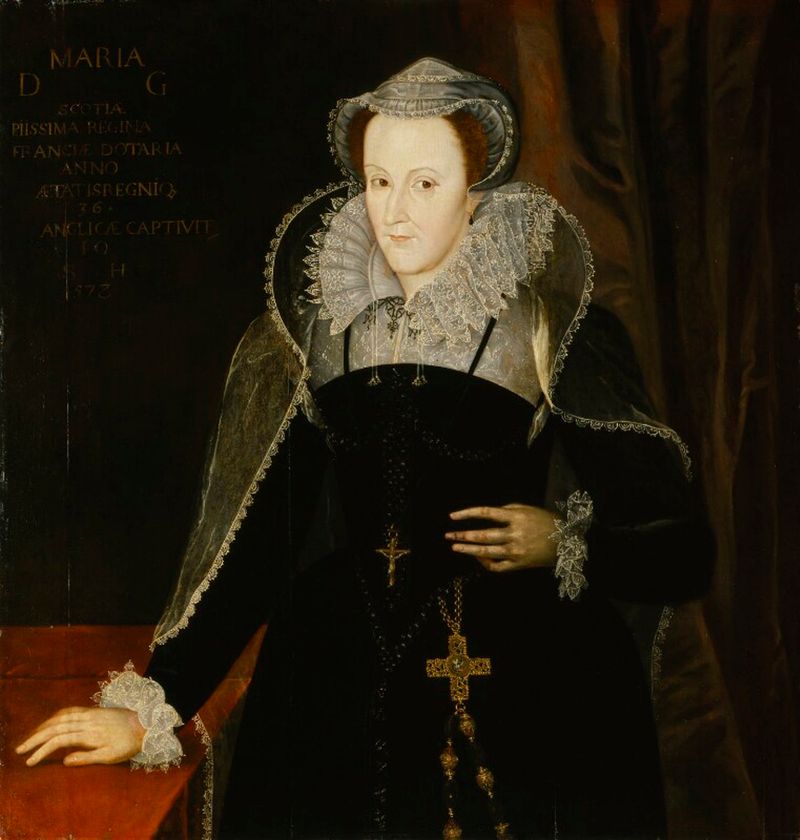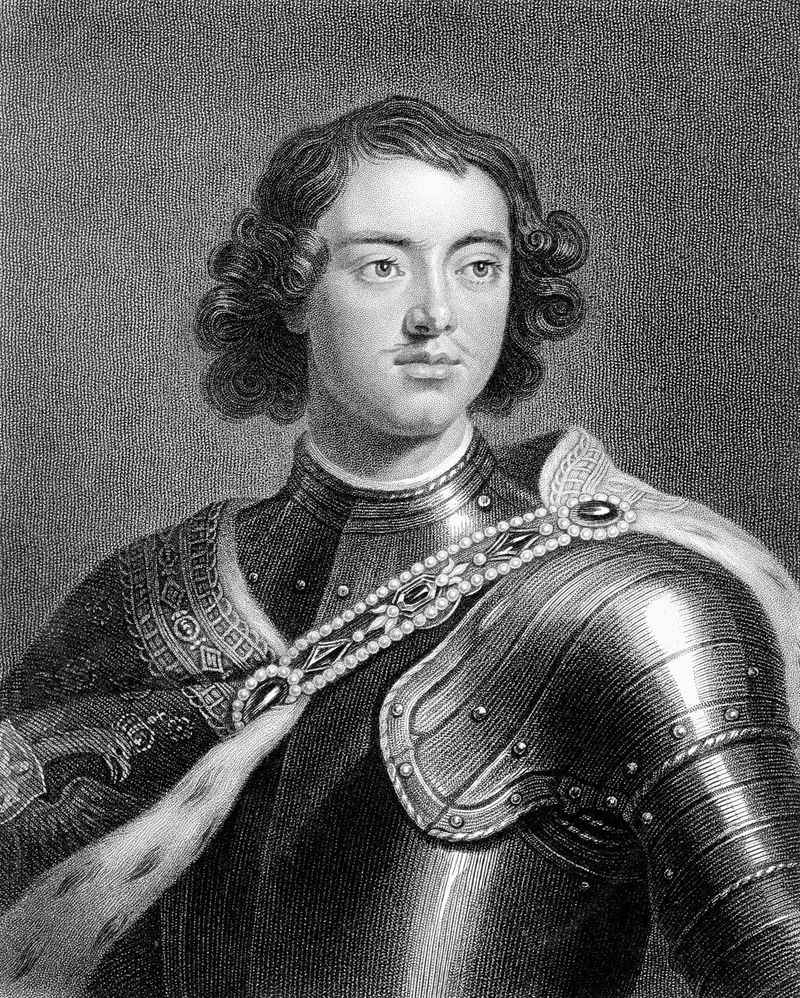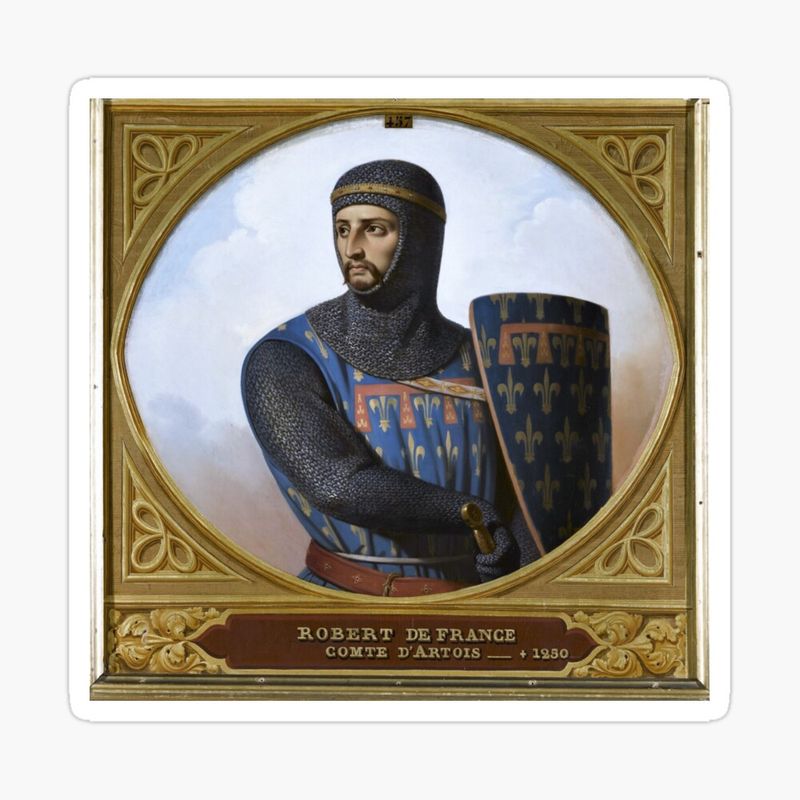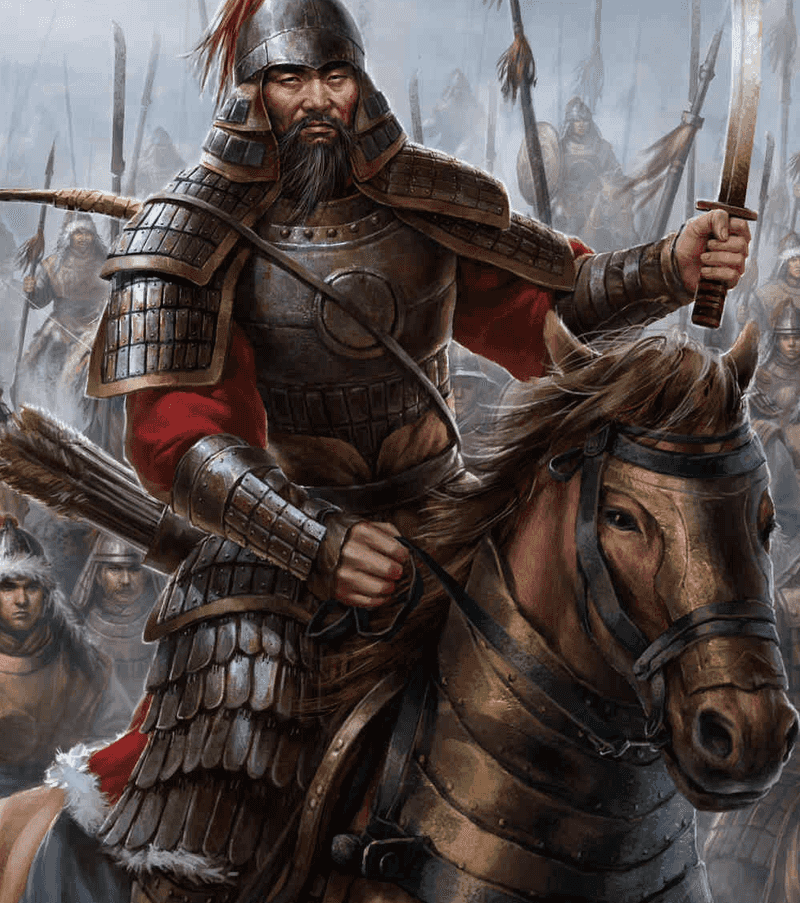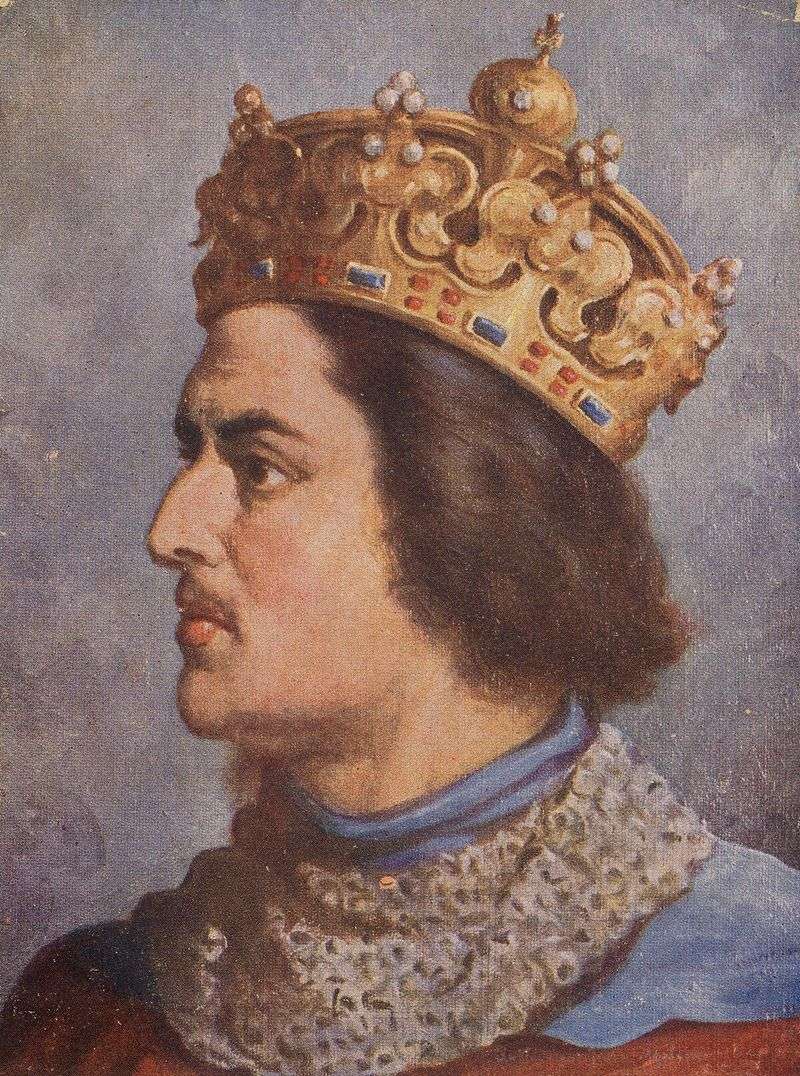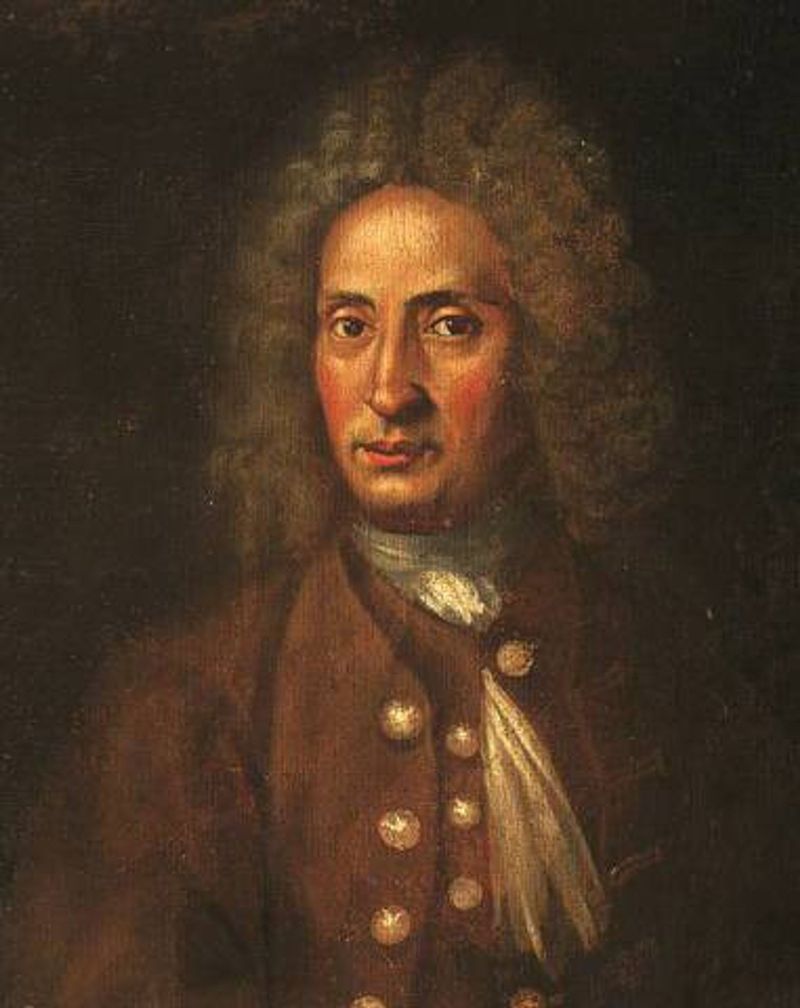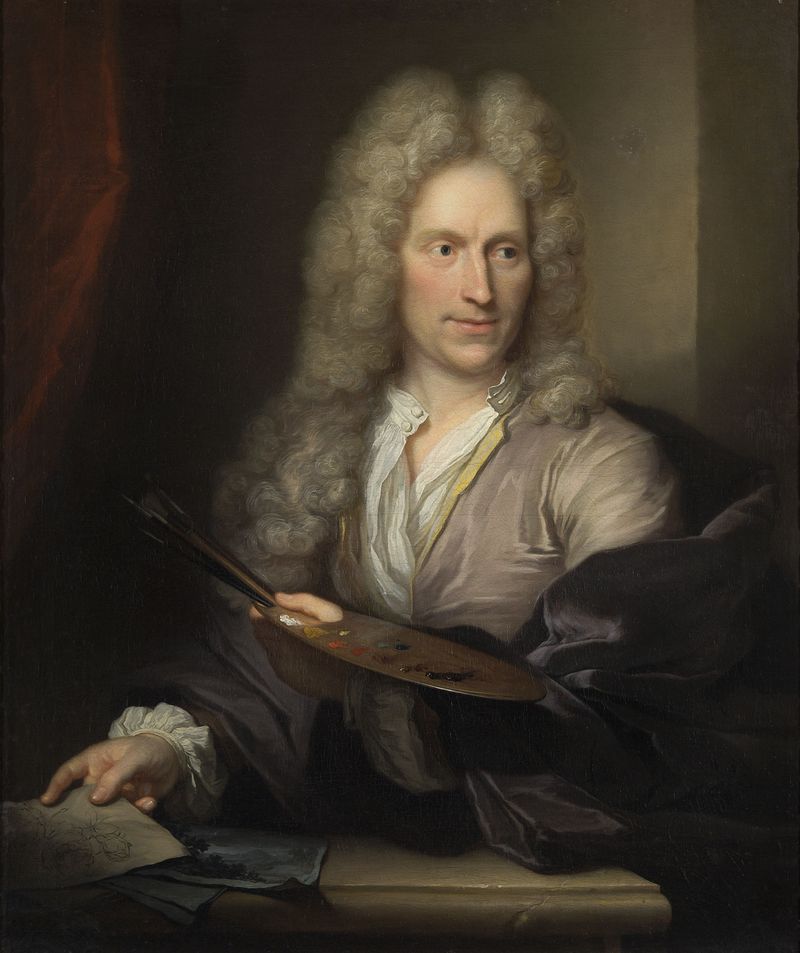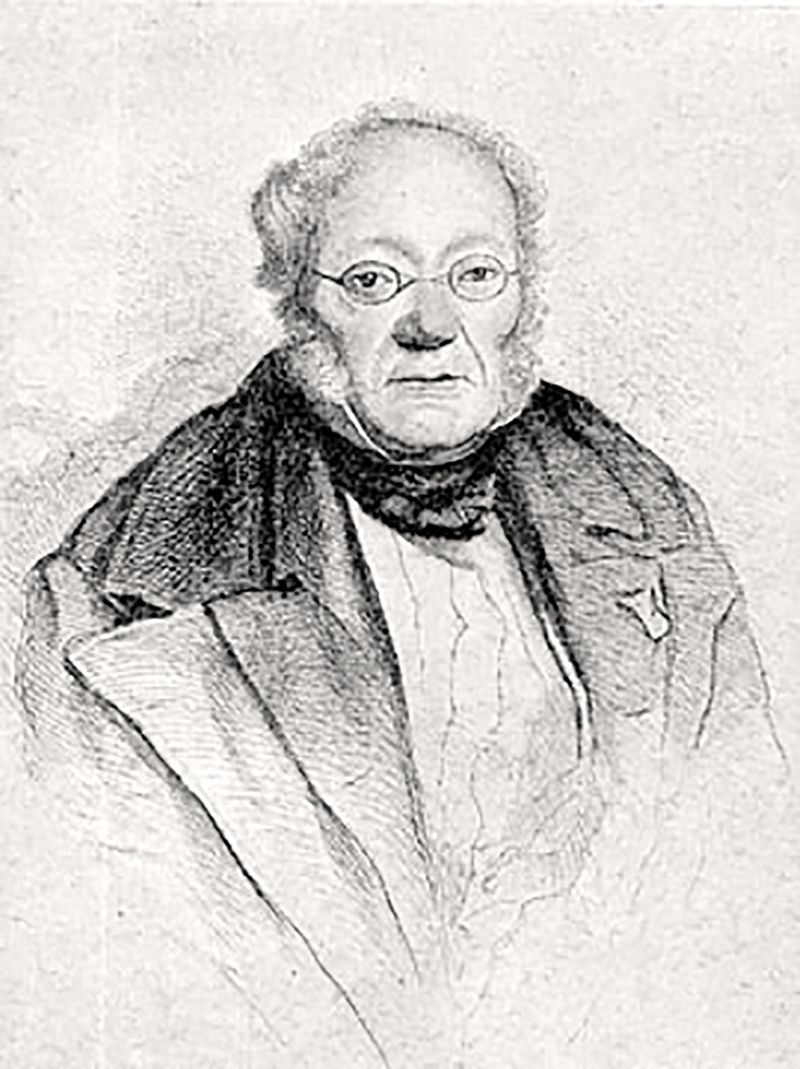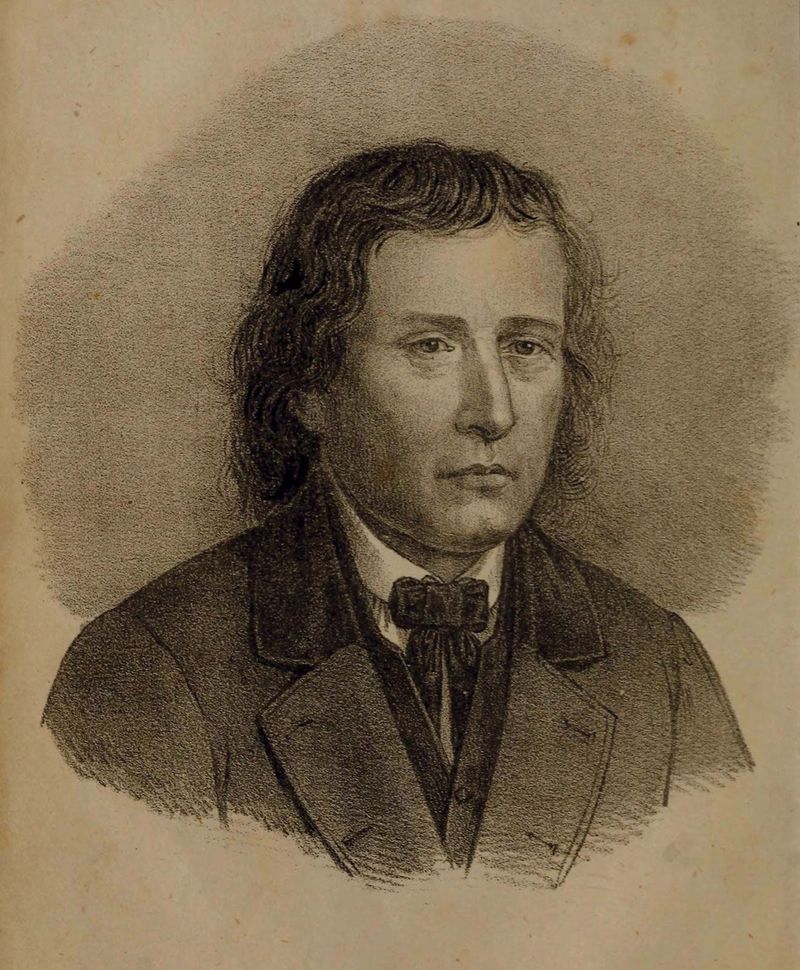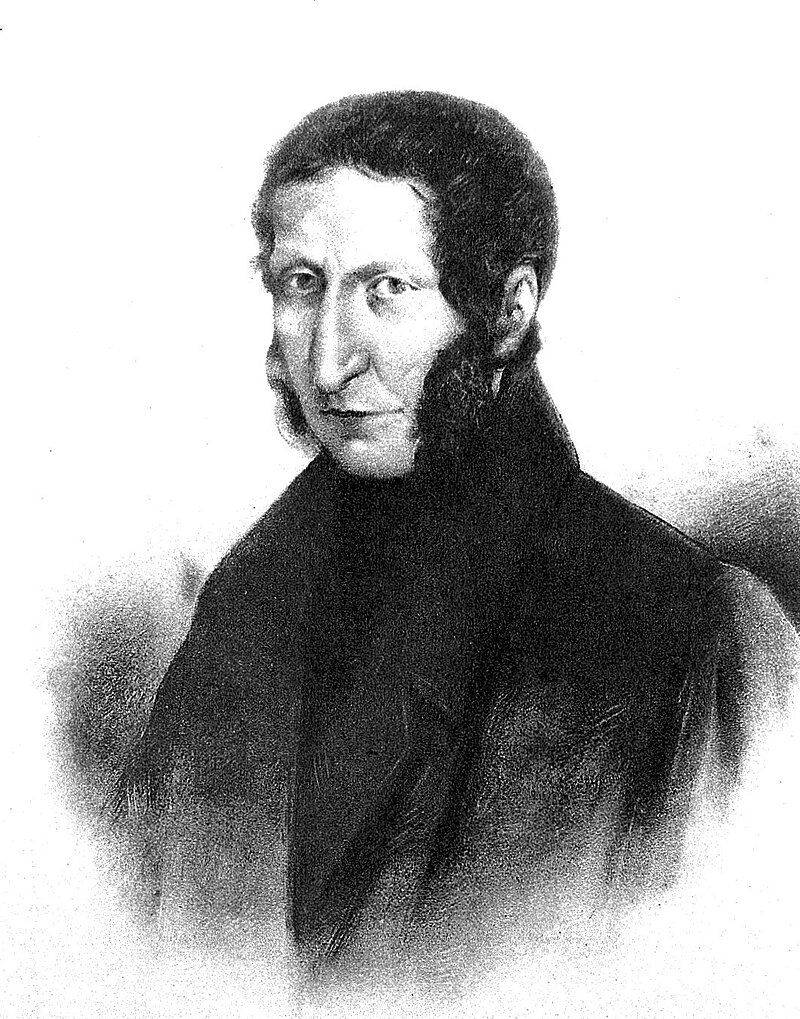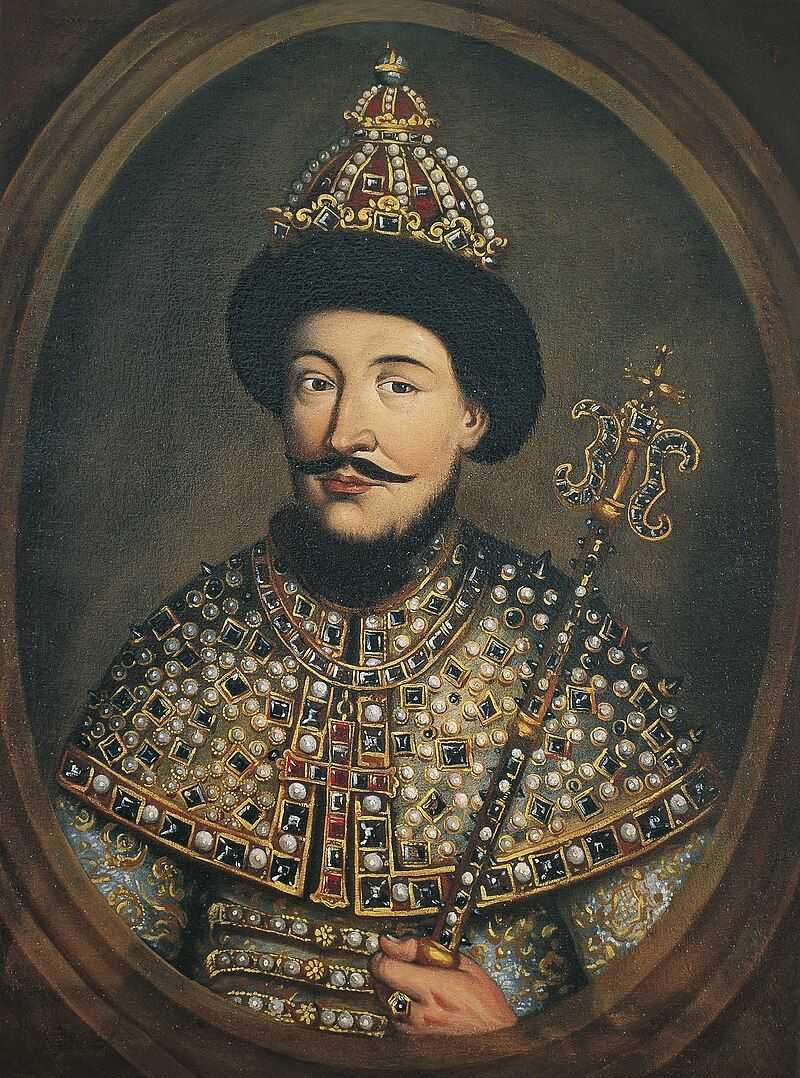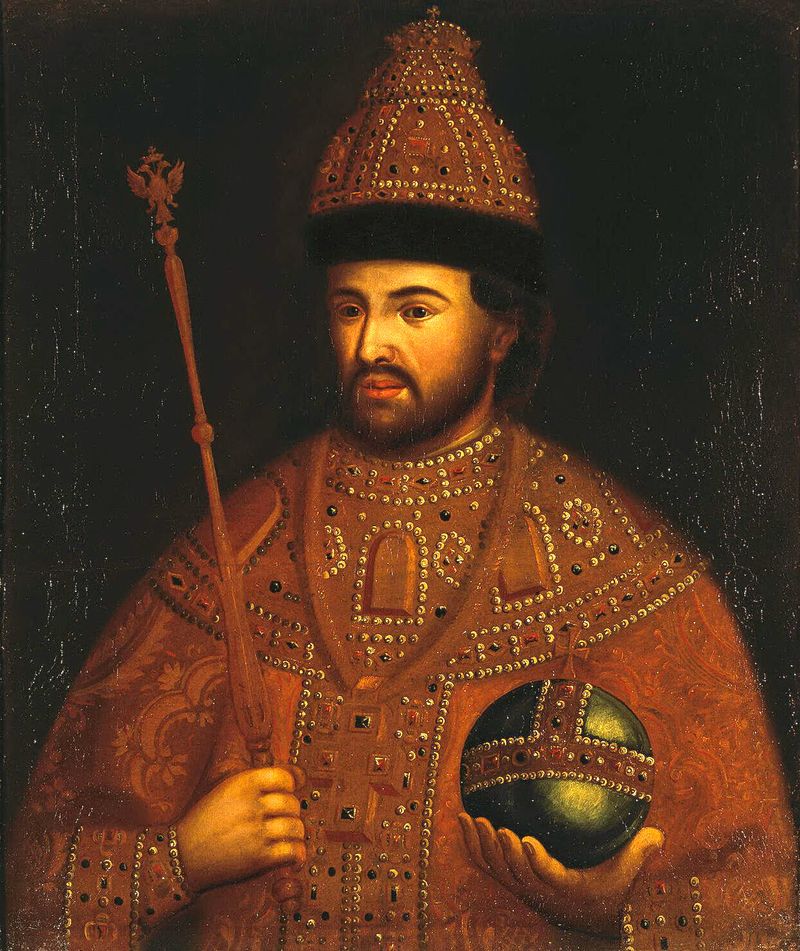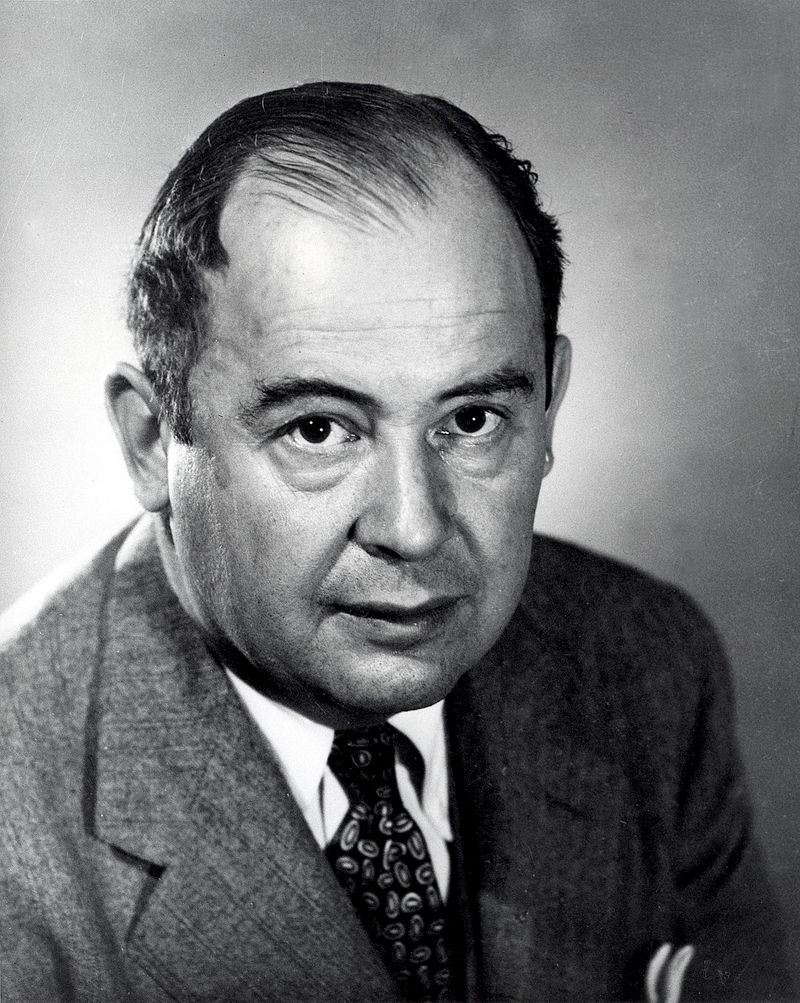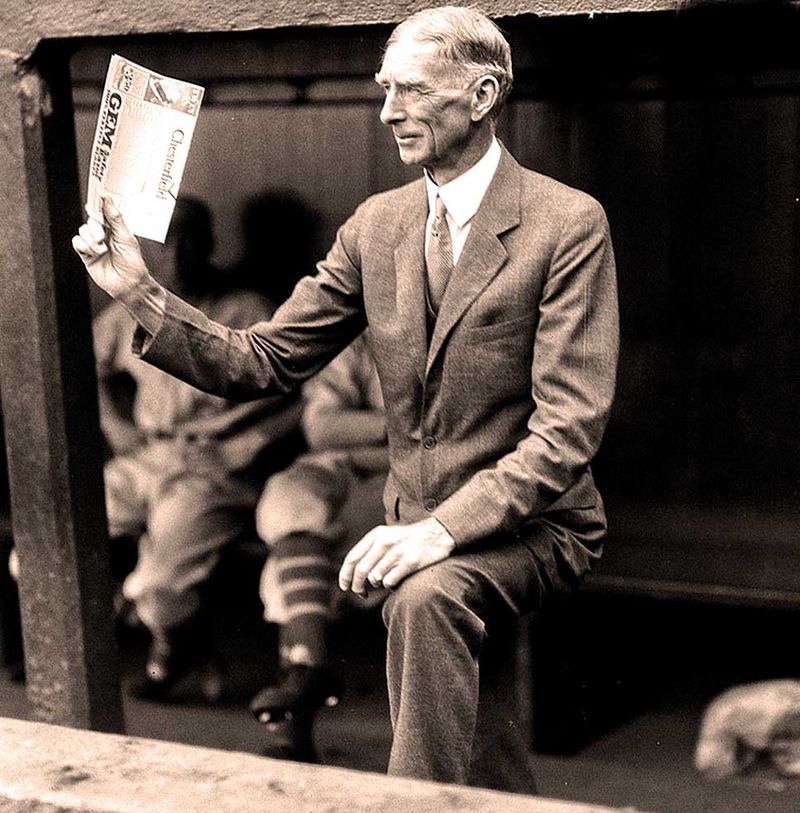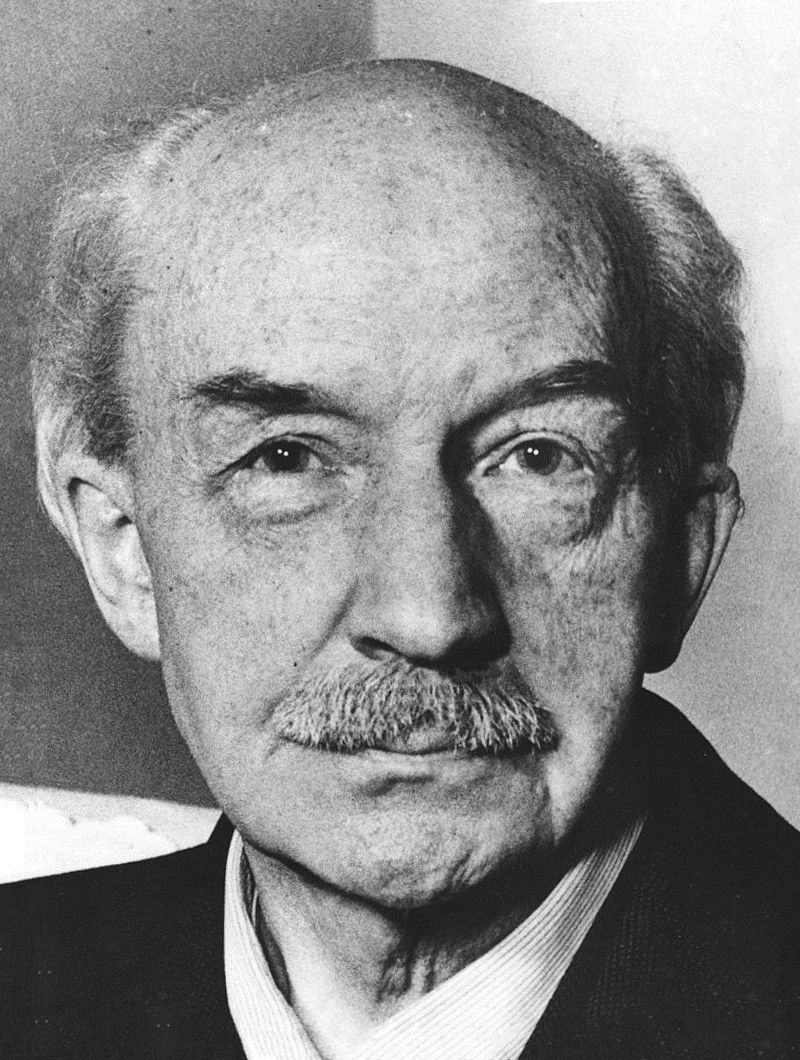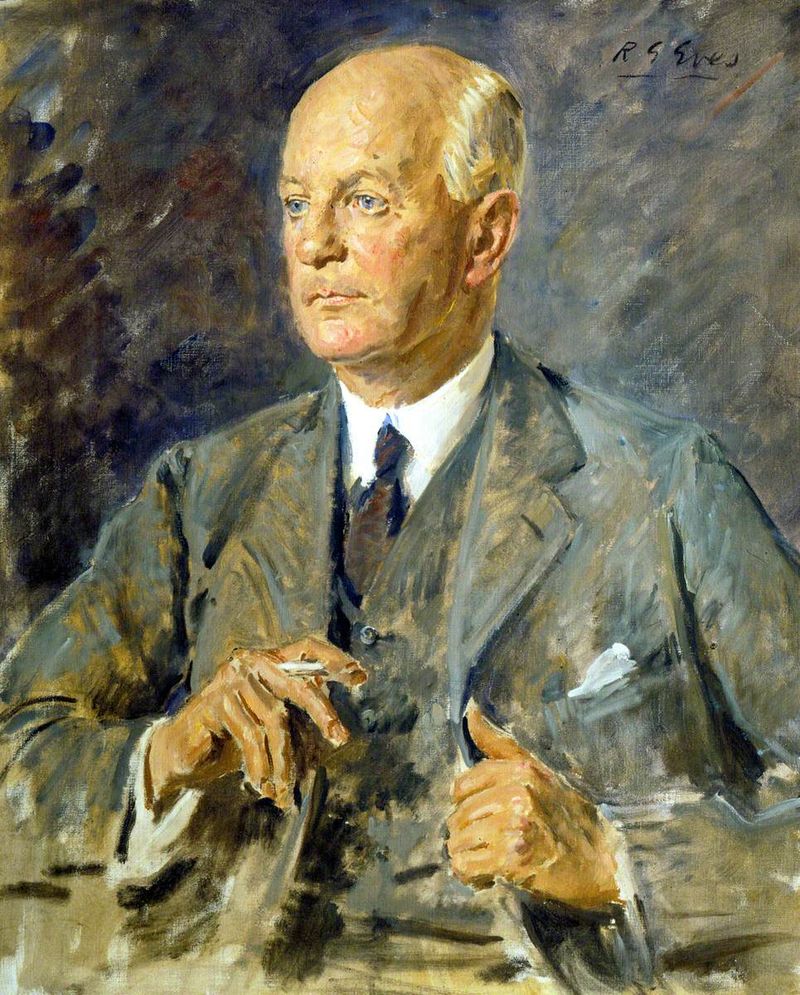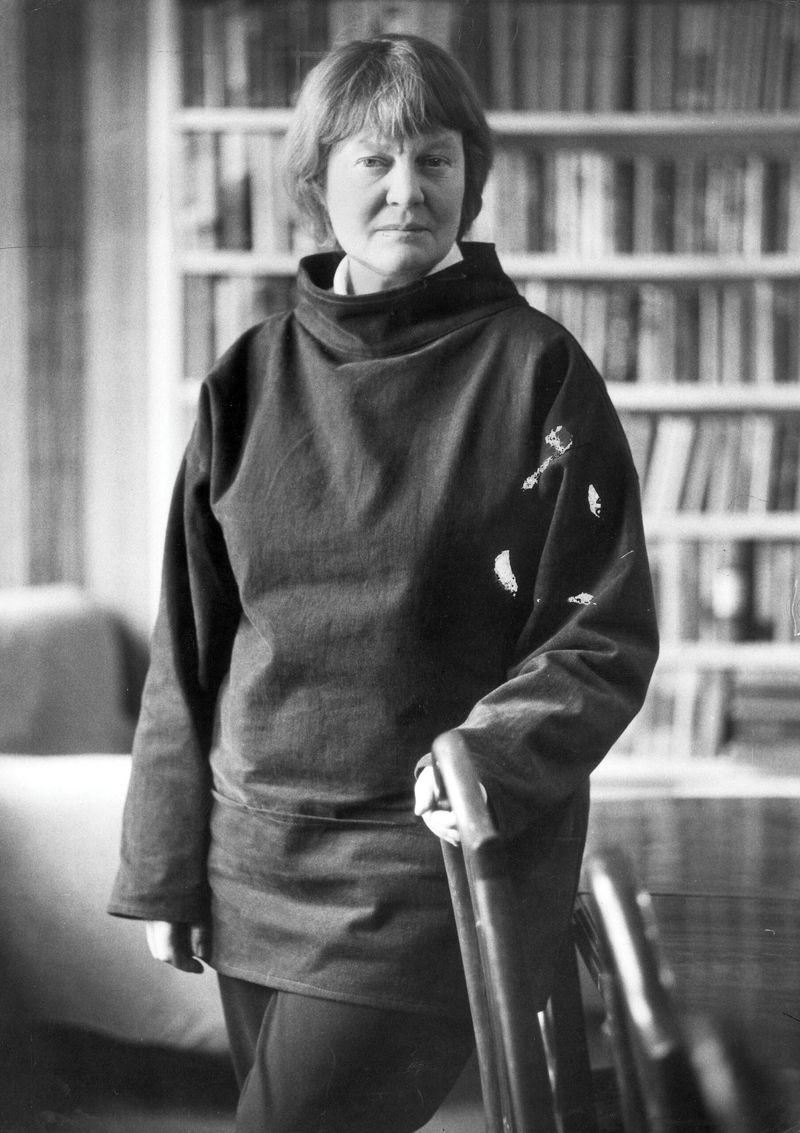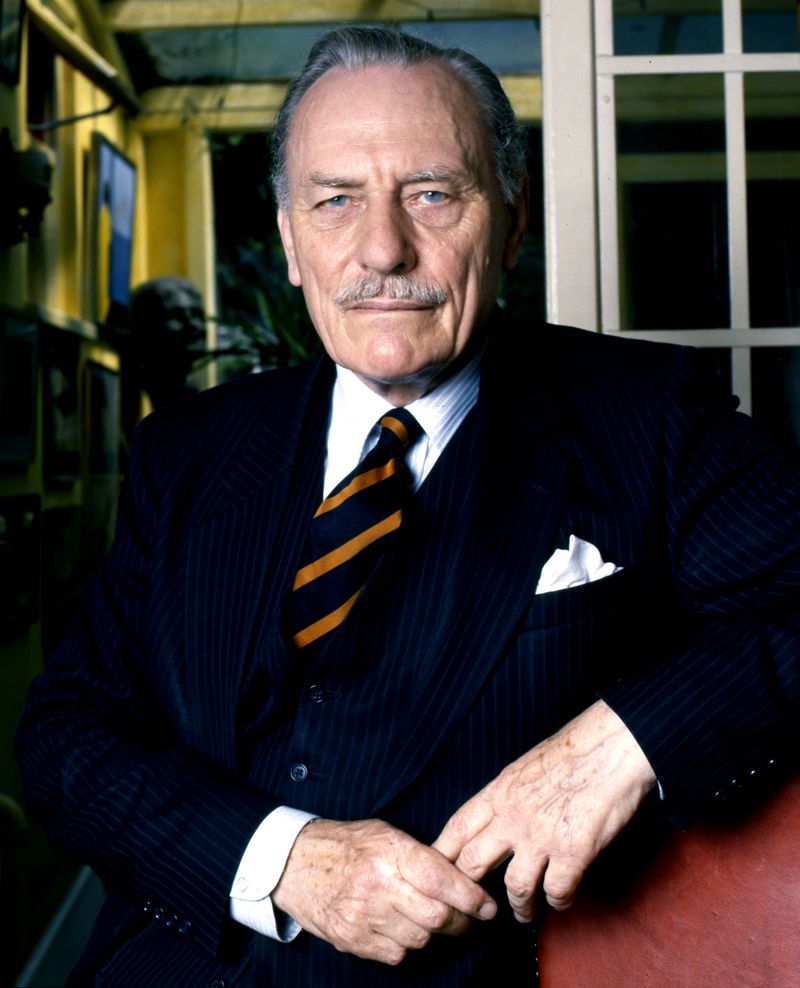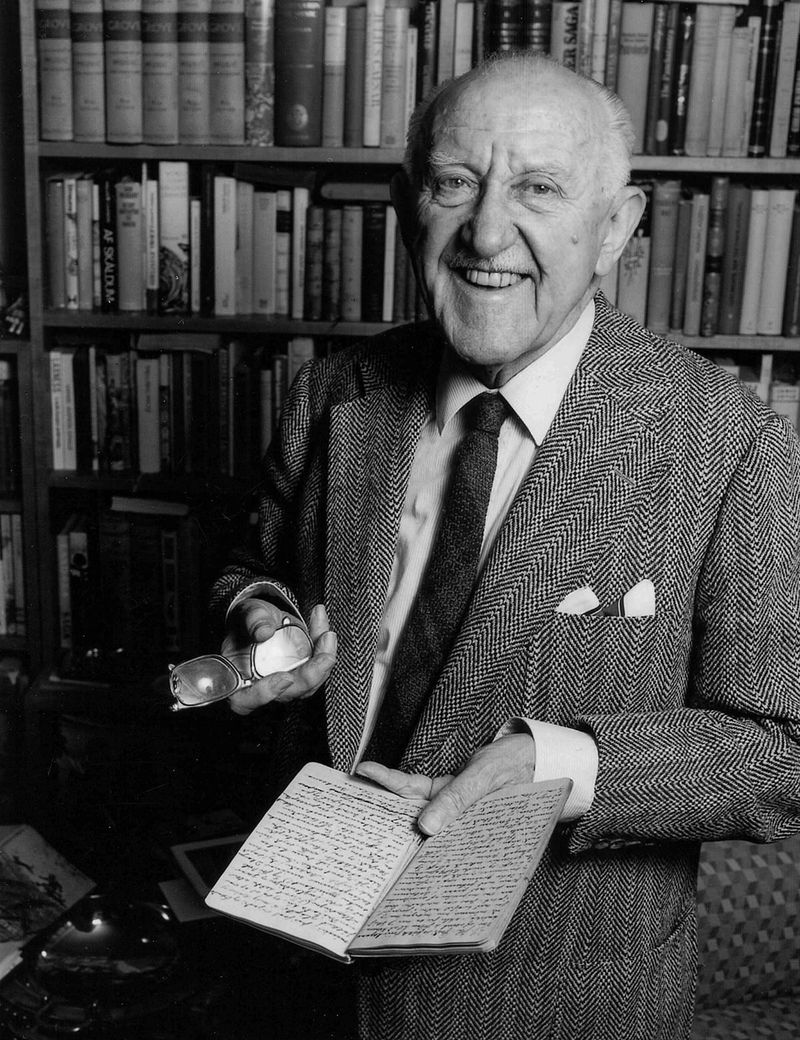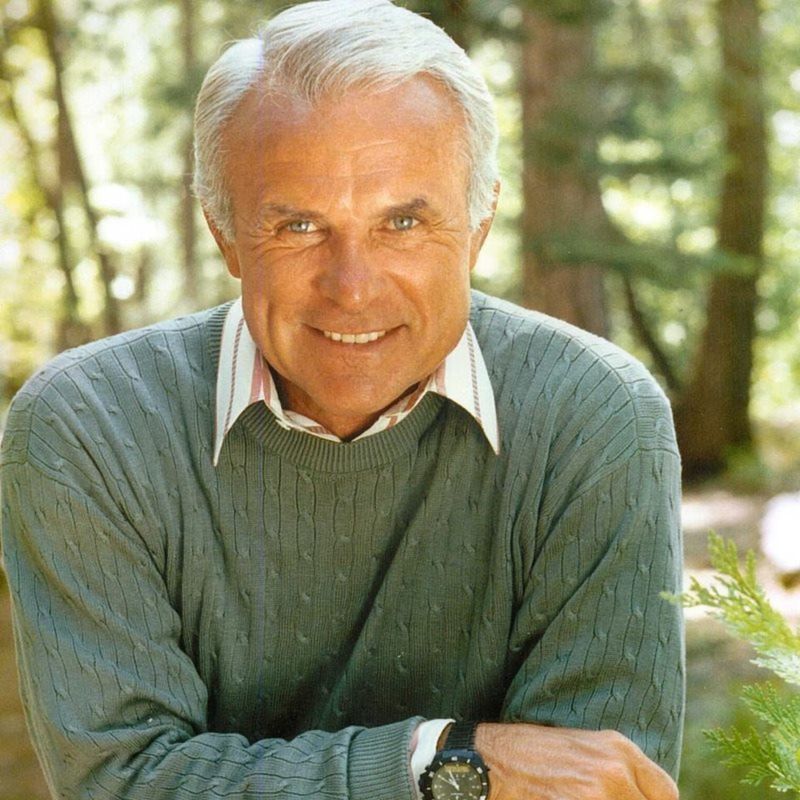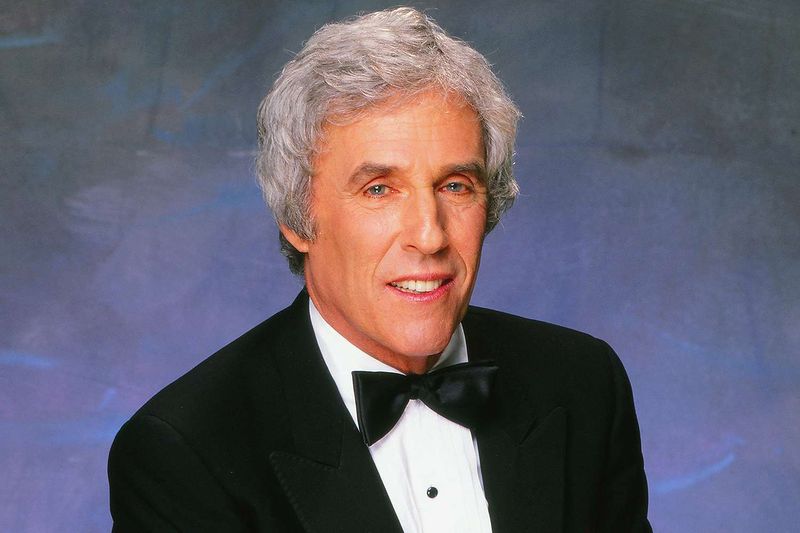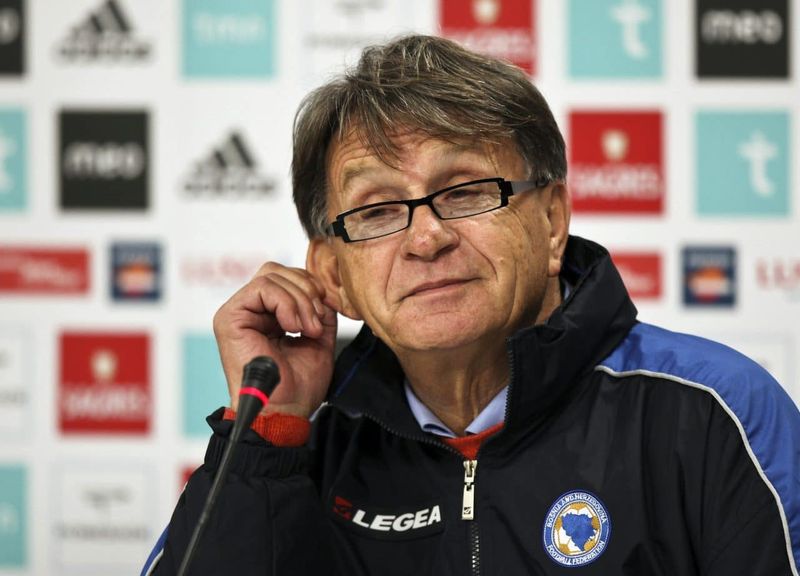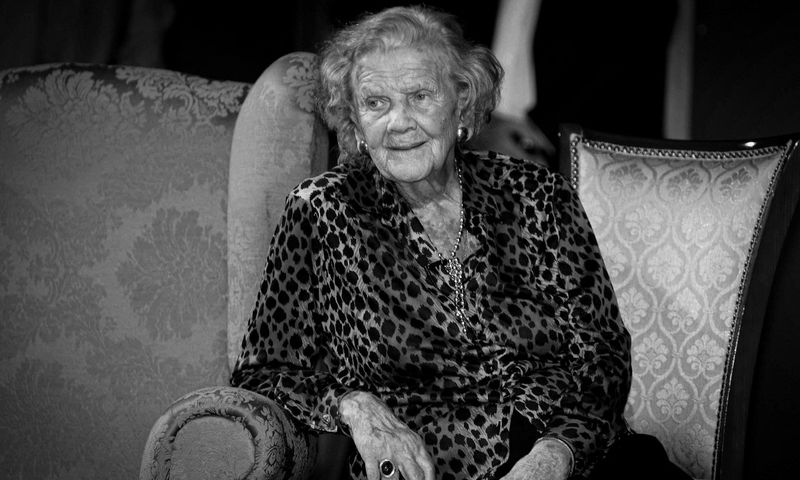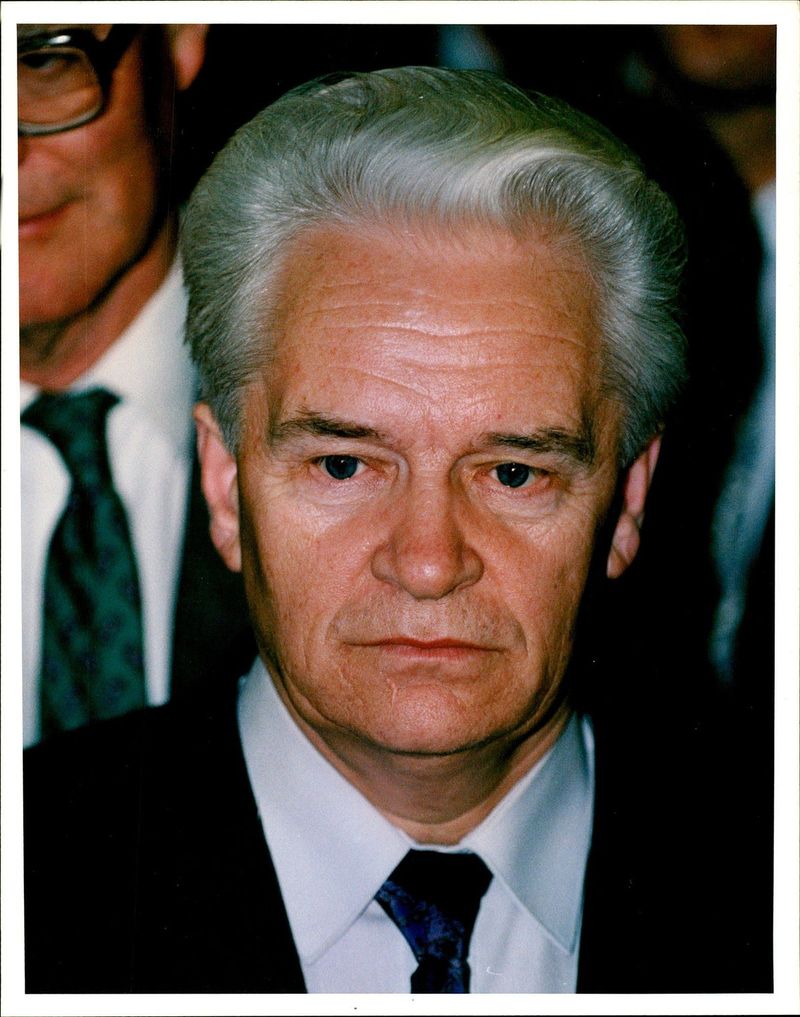February 8 serves as a poignant day of remembrance for many influential figures who have left an indelible mark on history.
These individuals, spanning various fields from monarchy and politics to arts and science, have inspired countless others with their achievements and legacies.
In this post, we commemorate 31 remarkable personalities who passed on this date, reflecting on their contributions and enduring influence. Let their stories remind us of the rich tapestry of human endeavor and the lasting impact one can have on the world.
1. Mary, Queen of Scots
Mary, Queen of Scots, was a formidable figure in 16th-century European history. Born in 1542, she became queen of Scotland just six days after her birth.
As a monarch, her life was characterized by political intrigue and personal tragedy, which included her forced abdication and eventual execution. Her tumultuous reign was marked by her marriages, conflicts with Protestant reformers, and a strained relationship with her cousin, Elizabeth I of England.
Despite her imprisonment, Mary maintained her claim to the English throne, driven by her Catholic faith. Her legacy continues to inspire debates about monarchy, religion, and power dynamics.
2. Peter the Great
Peter the Great, born in 1672, was a Russian emperor renowned for his extensive reforms that transformed Russia into a major European power.
Ascending the throne as a co-ruler in 1682, he was pivotal in modernizing the Russian military, government, and culture. His efforts to westernize Russia included establishing a strong navy, reorganizing the army, and initiating a cultural revolution.
Peter’s passion for learning led him to travel incognito across Europe to study shipbuilding and other trades. His reign saw the founding of St. Petersburg, which became Russia’s “window to Europe” and a lasting testament to his vision.
3. Robert I, Count of Artois
Robert I, Count of Artois, was a nobleman of the 13th century, born in 1216. As a principal military leader, he participated in the Seventh Crusade alongside his brother-in-law, King Louis IX of France.
Known for his bravery, Robert played a significant role in the battles fought during the crusades. Despite his valiant efforts, he met his end at the Battle of Mansurah in 1250.
His contributions to the crusades were emblematic of the medieval knightly virtues of courage and chivalry. Robert’s life and death highlight the complexities of feudal loyalties and the religious fervor of the era.
4. Hulagu Khan
Hulagu Khan, a prominent Mongol ruler born in 1217, played a crucial role in expanding the Mongol Empire into the Middle East.
As a grandson of Genghis Khan, he led his forces to conquer vast territories, including the iconic siege of Baghdad in 1258, which marked the end of the Abbasid Caliphate. Hulagu’s conquests were characterized by both strategic brilliance and brutal efficiency.
His administration laid the foundation for the Ilkhanate, which facilitated the exchange of cultures and ideas between East and West. Hulagu’s legacy is a testament to the Mongol influence on world history and intercultural interactions.
5. Przemysł II
Przemysł II, born in 1257, was a significant figure in Poland’s history, serving as king from 1295 until his untimely death in 1296. Ascending to the throne during a period of fragmentation, he endeavored to unify the Polish lands.
His reign, though brief, was marked by political acumen and a keen sense of diplomacy. Przemysł’s efforts to restore the monarchy included forging alliances and navigating the complex web of regional politics.
Despite his assassination, his coronation was a crucial step towards the eventual unification of Poland. His legacy is reflected in the enduring spirit of Polish nationalism.
6. Giuseppe Torelli
Giuseppe Torelli, an influential Italian composer and violinist, was born in 1658 in Verona. Renowned for his contributions to the Baroque concerto and sonata, he played a pivotal role in the development of instrumental music.
Torelli’s innovative compositions, including the trumpet concerto, set new standards for musical expression and technical proficiency. His works were characterized by their lyrical melodies and dynamic contrasts, which captivated audiences across Europe.
Torelli’s legacy endures through his compositions, which continue to inspire musicians and composers. His artistic achievements highlight the transformative power of music and its ability to transcend cultural boundaries.
7. Jan van Huysum
Jan van Huysum, a celebrated Dutch painter, was born in 1682 in Amsterdam. Known for his exquisite still-life paintings, Huysum’s work exemplified the elegance and precision of the Dutch Golden Age.
His intricate depictions of flowers, fruits, and ornate vases were renowned for their vibrant colors and meticulous detail. Van Huysum’s artistry elevated the genre of still life, earning him acclaim and patronage throughout Europe.
His paintings remain highly prized by collectors and art enthusiasts alike. Huysum’s legacy is a testament to the enduring appeal of beauty and the artist’s ability to capture the fleeting moments of nature.
8. François Habeneck
François Habeneck, born in 1781, was a distinguished French violinist and conductor who played a pivotal role in the development of orchestral music in France.
As the founder of the Société des Concerts du Conservatoire, he introduced the works of Beethoven to French audiences, transforming the musical landscape. Habeneck’s precise conducting style and dedication to musical excellence set new standards for performance.
His leadership in the orchestral community helped elevate the status of the French symphonic tradition. Habeneck’s legacy is marked by his commitment to advancing classical music and his lasting influence on future generations of musicians.
9. France Prešeren
France Prešeren, born in 1800, stands as Slovenia’s most revered poet, whose works embody the spirit of national identity and romantic expression.
His poetry, characterized by its emotional depth and linguistic beauty, played a crucial role in the cultural renaissance of Slovenia. Prešeren’s celebrated sonnets and lyrical compositions addressed themes of love, freedom, and the human condition.
Despite facing personal hardships and limited recognition during his lifetime, his work gained prominence posthumously. Today, Prešeren is celebrated as a symbol of Slovenian cultural heritage, and his legacy continues to inspire poets and readers around the world.
10. Agostino Bassi
Agostino Bassi, born in 1773, was an Italian entomologist and pioneer in the field of microbial research. His groundbreaking work on the silkworm disease, muscardine, laid the foundation for the germ theory of disease.
Bassi’s methodical research demonstrated the infectious nature of the disease, caused by a fungus, and provided vital insights into controlling epidemics. His discoveries predated those of Louis Pasteur, highlighting his significant contributions to science.
Bassi’s dedication to understanding and combating diseases transformed agricultural practices and influenced the development of modern microbiology. His legacy is a testament to the power of scientific inquiry and innovation.
11. Alexis of Russia
Alexis of Russia, born in 1629, was a Tsar whose reign marked a period of significant change and consolidation for Russia. Ascending to the throne in 1645, he implemented reforms that strengthened the central government and expanded territorial control.
Alexis’s reign was characterized by efforts to modernize the Russian state and improve its infrastructure. His leadership during the Russo-Polish War and the church reforms had a lasting impact on Russian society and politics.
Alexis’s legacy is remembered for his role in transitioning Russia towards a more centralized and powerful nation, setting the stage for future developments under his successors.
12. Ivan V of Russia
Ivan V of Russia, born in 1666, was a Tsar who co-reigned with his more famous half-brother, Peter the Great. Despite his limited role in governance, Ivan’s reign was a crucial period of transition in Russian history.
His tenure was marked by internal power struggles and the gradual shift towards modernization. Ivan’s gentle disposition and ill health meant that much of the administrative power was exercised by his sister, Sophia, and later Peter.
While Ivan V’s impact was largely overshadowed, his reign provided the stability needed for Peter’s transformative policies. His story illustrates the complexities of dynastic politics in Russia.
13. John von Neumann
John von Neumann, born in 1903, was a Hungarian-American mathematician whose diverse contributions spanned fields such as quantum mechanics, computer science, and economics.
Known for his profound intellect and innovative ideas, he played a critical role in the development of the modern computer through his work on the architecture of the EDVAC.
Von Neumann’s theoretical insights into game theory revolutionized economic thinking, while his contributions to nuclear physics were instrumental during World War II.
His interdisciplinary approach and visionary thinking left an indelible mark on science and technology. Von Neumann’s legacy continues to influence contemporary research and innovation.
14. Connie Mack
Connie Mack, born in 1862, was a legendary figure in American baseball, known for his extraordinary tenure as a player, manager, and team owner.
His career with the Philadelphia Athletics spanned over five decades, during which he became the longest-serving manager in Major League Baseball history.
Mack’s strategic acumen and deep understanding of the game led his teams to nine American League pennants and five World Series titles.
His dedication to baseball and his gentlemanly conduct on and off the field earned him respect and admiration. Mack’s legacy is revered as a cornerstone of baseball history, embodying sportsmanship and leadership.
15. Walther Bothe
Walther Bothe, born in 1891, was a pioneering German physicist whose work in nuclear physics and quantum mechanics garnered international acclaim.
He was awarded the Nobel Prize in Physics for his development of the coincidence method, which advanced the study of particle interactions. Bothe’s research contributed significantly to the understanding of cosmic rays and the structure of atomic nuclei.
His innovative experiments and theoretical insights laid the groundwork for future discoveries in particle physics.
Bothe’s legacy is marked by his commitment to scientific exploration and his influence on the trajectory of modern physics, inspiring generations of physicists.
16. Giles Gilbert Scott
Giles Gilbert Scott, born in 1880, was a distinguished English architect known for his blend of traditional and modern design elements. His iconic works include the design of the red telephone box, Liverpool Cathedral, and Battersea Power Station.
Scott’s architecture was characterized by its grandeur and attention to detail, marrying Gothic revival with contemporary aesthetics.
He played a crucial role in shaping 20th-century British architecture, leaving a legacy that combines functionality with timeless elegance.
Scott’s influence is seen not only in his landmark buildings but also in the way he harmonized historic styles with modern innovations, inspiring future architects.
17. Iris Murdoch
Iris Murdoch, born in 1919, was a prolific novelist and philosopher whose works explored themes of morality, love, and the complexity of human relationships.
Her literary career spanned over four decades, producing critically acclaimed novels such as “The Sea, The Sea” and “Under the Net.”
Murdoch’s writing was noted for its philosophical depth and rich character development, reflecting her background in philosophy. Her contributions to literature and thought earned her numerous accolades, including the Booker Prize.
Murdoch’s legacy endures through her profound narratives and philosophical insights, offering readers a window into the intricacies of the human experience.
18. Enoch Powell
Enoch Powell, born in 1912, was a British politician and scholar known for his controversial views and eloquent oratory. His career spanned several decades, during which he held prominent positions, including Minister of Health.
Powell’s speeches, particularly the “Rivers of Blood” speech, sparked significant debate and controversy, influencing immigration discourse in the UK. Despite the contentious nature of his views, Powell was respected for his intellectual rigor and deep knowledge of classical literature.
His political legacy is complex, marked by both admiration and criticism. Powell’s life and career continue to be subjects of study in British political history.
19. Halldór Laxness
Halldór Laxness, born in 1902, was an Icelandic author renowned for his novels that vividly capture the essence of Icelandic life and culture.
His literary works, such as “Independent People” and “The Atom Station,” reflect his keen observations of social and political issues. Laxness’s writing, imbued with wit and reflective depth, earned him the Nobel Prize in Literature in 1955.
His influence extended beyond literature, shaping Icelandic culture and thought.
Laxness’s legacy is celebrated for his ability to weave compelling narratives that resonate with universal themes, making him a towering figure in world literature and a national treasure in Iceland.
20. Del Shannon
Del Shannon, born in 1934, was an American singer-songwriter known for his hit “Runaway,” which catapulted him to fame in the early 1960s.
Shannon’s distinctive voice and innovative use of the Musitron set his music apart, capturing the spirit of rock and roll’s golden era. His songwriting prowess and energetic performances won him a dedicated following and influenced numerous artists.
Despite facing personal struggles, Shannon’s passion for music remained undiminished.
His legacy endures through his timeless hits that continue to resonate with fans old and new. Shannon’s contributions to music exemplify the enduring power of creativity and artistic expression.
21. Anna Nicole Smith
Anna Nicole Smith, born in 1967, was a high-profile American model, actress, and television personality. Known for her striking beauty and charismatic personality, she rose to fame as Playboy’s Playmate of the Year in 1993.
Smith’s life was a whirlwind of glamour, controversy, and personal challenges. Her career included modeling, acting in films and television, and her own reality TV show.
Despite her tumultuous personal life, Smith was a beloved public figure with a dedicated fan base. Her untimely death in 2007 left a lasting impact on popular culture, highlighting the complexities of fame and the human experience.
22. Luis Alberto Spinetta
Luis Alberto Spinetta, born in 1950, was an influential Argentine musician, singer, and songwriter, celebrated for his contributions to rock and Latin American music.
Known as “El Flaco,” Spinetta was a pioneering figure in the Argentine rock movement, with a career that spanned over four decades. His innovative compositions and poetic lyrics set him apart, earning him a place as a cultural icon.
Spinetta’s music explored themes of love, freedom, and existentialism, resonating with audiences across generations. His legacy is celebrated for pushing the boundaries of musical expression and inspiring countless artists in Argentina and beyond.
23. Wando
Wando, born in 1945, was a Brazilian singer renowned for his romantic ballads and captivating stage presence. His music career, spanning several decades, made him a beloved figure in Brazilian popular music.
Wando’s soulful voice and emotive songwriting endeared him to fans, with hits like “Fogo e Paixão” becoming timeless classics. His performances were characterized by their passionate delivery and connection with audiences.
Despite changing musical trends, Wando remained a steadfast icon of romantic music in Brazil. His legacy continues to live on through his enduring songs and the profound impact he had on Brazilian music culture.
24. Robert Conrad
Robert Conrad, born in 1935, was an American actor and producer best known for his roles in classic television series like “The Wild Wild West” and “Baa Baa Black Sheep.”
Renowned for performing his own stunts, Conrad brought an authentic and rugged charisma to his characters. His career spanned decades, earning him recognition and a dedicated fan base.
Conrad’s work in television and film left a lasting impact on the entertainment industry, showcasing his versatility and dedication to his craft.
His legacy is celebrated by fans and colleagues alike, solidifying his place as a beloved figure in American television history.
25. Mary Wilson
Mary Wilson, born in 1944, was an iconic American singer and founding member of The Supremes, one of the most successful girl groups in history.
Known for their timeless hits like “Stop! In the Name of Love” and “You Can’t Hurry Love,” The Supremes captivated audiences worldwide. Wilson’s powerful voice and stage presence contributed significantly to the group’s success.
Beyond her musical career, she was an advocate for artists’ rights and worked tirelessly to preserve the legacy of Motown. Mary Wilson’s legacy lives on through her music, inspiring generations of artists and leaving an indelible mark on popular culture.
26. Marty Schottenheimer
Marty Schottenheimer, born in 1943, was an esteemed American football coach celebrated for his leadership and strategic acumen.
Over his long career, he coached several NFL teams, including the Kansas City Chiefs and San Diego Chargers, amassing over 200 wins. Known for his disciplined approach and ability to turn teams around, Schottenheimer became one of the most respected figures in the sport.
His coaching philosophy emphasized teamwork, perseverance, and resilience. Despite some playoff disappointments, his regular-season success was unparalleled. Marty Schottenheimer’s legacy is marked by his impact on players and the coaching community, leaving a lasting influence on American football.
27. Burt Bacharach
Burt Bacharach, born in 1928, was an acclaimed American composer, songwriter, and record producer whose work transcended genres and generations.
Known for his sophisticated melodies and unique harmonies, Bacharach created numerous hits, including “Raindrops Keep Fallin’ on My Head” and “What the World Needs Now Is Love.”
Collaborating with lyricist Hal David, his music became synonymous with elegance and emotional depth. His influence extended beyond pop music, leaving a mark on film scores and jazz.
Bacharach’s legacy is celebrated for its timeless appeal and its ability to connect with audiences, inspiring countless musicians and touching hearts worldwide.
28. Miroslav Blažević
Miroslav Blažević, born in 1935, was a legendary Croatian football manager known for his tactical brilliance and charismatic leadership. Best remembered for leading the Croatian national team to a third-place finish at the 1998 FIFA World Cup, his coaching career spanned several decades and numerous clubs.
Blažević’s ability to inspire players and adapt to different challenges made him a respected figure in international football. His passion for the game and commitment to excellence left a profound impact on players and fans alike.
Blažević’s legacy is celebrated for elevating Croatian football on the world stage and his contributions to the sport.
29. Elena Fanchini
Elena Fanchini, born in 1985, was a talented Italian alpine ski racer whose career was marked by remarkable skill and determination. Competing in numerous World Cup events, Fanchini’s fearless approach and competitive spirit earned her a place among Italy’s top athletes.
Her achievements on the slopes, including podium finishes, showcased her prowess in the sport. Despite facing health challenges, Fanchini’s passion for skiing remained unwavering, inspiring fellow athletes and fans.
Her legacy is remembered for her dedication to her sport and her perseverance in the face of adversity. Elena Fanchini’s impact on Italian skiing continues to inspire future generations.
30. Branka Veselinović
Branka Veselinović, born in 1918, was a revered Serbian actress whose illustrious career spanned over eight decades. Known for her versatility and emotive performances, Veselinović captivated audiences on both stage and screen.
Her contributions to theatre and film earned her numerous accolades and a beloved status in Serbian cultural history. Despite the passing years, her passion for acting remained undiminished, inspiring generations of actors with her dedication and talent.
Veselinović’s legacy is celebrated for her artistic achievements and her enduring influence on Serbian arts. Her life’s work serves as a testament to the power of storytelling and the performing arts.
31. Ivan Silayev
Ivan Silayev, born in 1930, was a prominent Russian politician and statesman known for his role during the transformative years of the late Soviet Union and early Russian Federation.
Serving in various governmental positions, including Prime Minister, Silayev was instrumental in navigating the political landscape during a period of significant change. His leadership and diplomatic skills were crucial in managing economic reforms and fostering international relations.
Silayev’s legacy is marked by his contributions to Russia’s development and his efforts to promote stability and progress. His career reflects the complexities and challenges of political life during a pivotal era in Russian history.

